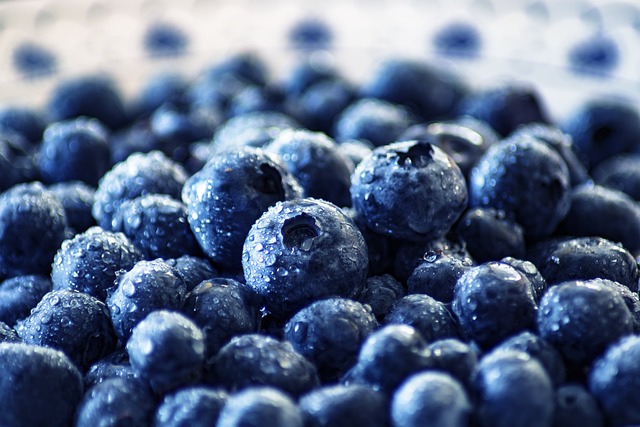(‘Supercharge Your Digestion with Probiotic-Rich Foods’)
When it comes to maintaining good gut health, probiotics are the superheroes of the digestive system. These live bacteria and yeasts can provide numerous health benefits and help keep your gut in top shape. Incorporating probiotic-rich foods into your diet is a natural and delicious way to support your digestive health.
The Power of Probiotics
Probiotics are live microorganisms that can provide health benefits when consumed in adequate amounts. They are often referred to as “friendly bacteria” because they help maintain a balanced and diverse gut microbiota. The gut microbiota refers to the trillions of microorganisms residing in our digestive tract, which play a crucial role in various aspects of our health.
Some of the key benefits of probiotics include:
- Promoting healthy digestion
- Boosting the immune system
- Enhancing nutrient absorption
- Reducing inflammation
- Improving mental health
- Supporting overall gut health
Foods Rich in Probiotics
There are several types of foods that are naturally rich in probiotics and can help maintain a diverse and healthy gut microbiota. Including these foods in your diet can supercharge your digestion and enhance your overall well-being. Here are some probiotic-rich foods you can add to your grocery list:
1. Yogurt
Yogurt is one of the most popular and easily accessible sources of probiotics. It is made by fermenting milk with live bacteria cultures, such as Lactobacillus and Bifidobacterium. When shopping for yogurt, make sure to choose plain, unsweetened varieties with active or live cultures to reap the maximum benefits.
2. Kefir
Kefir is a fermented dairy product similar to yogurt but thinner in consistency. It is made by adding kefir grains to milk and letting it ferment for a certain period. Kefir contains a diverse range of live bacteria and yeasts, making it a powerful probiotic option. You can find kefir in dairy and non-dairy varieties.
3. Sauerkraut
Sauerkraut is a traditional fermented food made from cabbage. During the fermentation process, natural bacteria convert the sugars in cabbage into organic acids, creating a tangy and flavorful condiment. Look for unpasteurized sauerkraut, as pasteurization can kill the beneficial bacteria.
4. Kimchi
Kimchi is a staple in Korean cuisine and is made by fermenting vegetables, mainly cabbage, with various seasonings and spices. This spicy and tangy side dish is not only delicious but also packed with probiotics. Kimchi can help improve digestion and boost immune function.
5. Miso
Miso is a traditional Japanese seasoning made by fermenting soybeans with salt and a beneficial fungus called Aspergillus oryzae. It is commonly used to make miso soup, a staple in Japanese cuisine. Miso contains probiotics that can support gut health and provide other nutritional benefits.
6. Tempeh
Tempeh is a plant-based protein source made from fermented soybeans. It has a nutty flavor and a firm texture. The fermentation process involved in tempeh production not only enhances its taste but also increases its probiotic content. Tempeh is highly versatile and can be used in various dishes.
7. Kombucha
Kombucha is a fermented tea that has gained popularity in recent years. It is made by fermenting sweetened tea with a symbiotic culture of bacteria and yeast (SCOBY). The fermentation process gives kombucha its characteristic fizzy and tangy taste. This probiotic-rich beverage is available in a variety of flavors.
Adding Probiotics to Your Diet
Now that you know about some of the probiotic-rich foods, it’s







